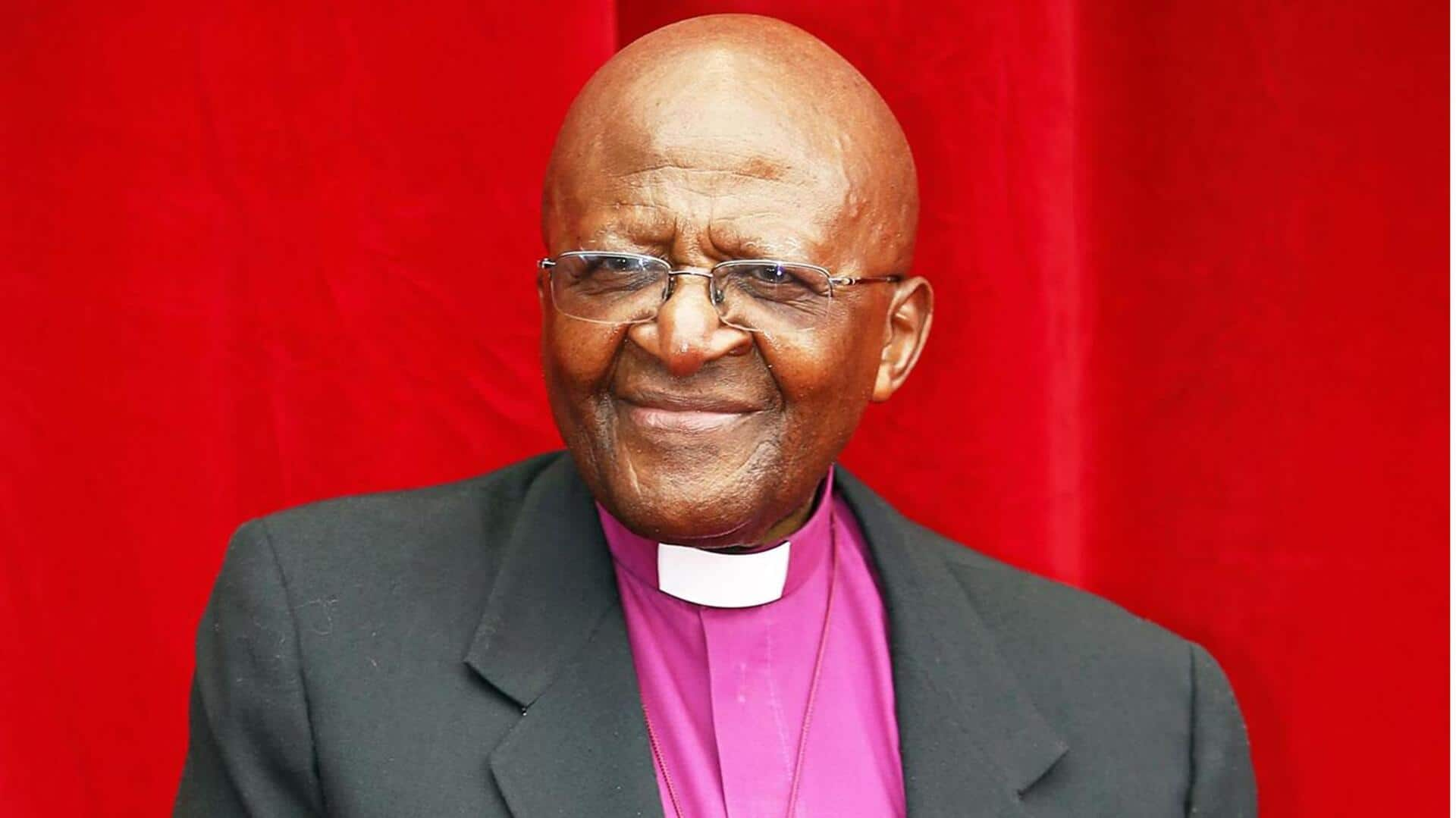
Desmond Tutu's vision of peace: African insights
What's the story
This article delves into the deep wisdom and practical advice of South Africa's most beloved Nobel Peace Prize laureate. Desmond Tutu's dream of peace and reconciliation for Africa has touched the hearts of millions across the globe. In his books and speeches, Tutu provides a roadmap to peace, showing us the path to harmony and understanding in a continent that has been torn by conflict for far too long.
Ubuntu
Embracing Ubuntu for community healing
Desmond Tutu brought Ubuntu, an African philosophy emphasizing our interdependence, into the global spotlight. He held a deep conviction that peace could be realized if societies embraced empathy, compassion, and a sense of shared humanity. Ubuntu teaches that our actions reverberate beyond ourselves, creating ripples of either healing or harm within our communities.
Forgiveness
The power of forgiveness
One word that epitomizes Tutu is forgiveness. He headed the Truth and Reconciliation Commission in post-apartheid South Africa, and emphasized on restorative justice, not retribution. He advocated for ending cycles of violence through forgiveness, fostering a culture of understanding and reconciliation, not vengeance. His approach was not about letting wrongdoers off the hook, but about promoting peace and healing within the community.
Education
Education as a pillar for peace
Desmond Tutu held a deep conviction that education is the foundation of peacebuilding. He understood that knowledgeable citizens make choices that promote unity rather than division. Education empowers individuals with the critical thinking tools necessary to challenge injustices and advocate for positive change. By fostering quality education for all, societies cultivate future leaders who choose the path of reconciliation and peace, not conflict and discord.
Economic justice
Advocacy for economic justice
Tutu also championed economic equality. He recognized that poverty and inequality are root causes of social unrest and conflict. By advocating for economic justice, including fair trade and equitable resource distribution, he envisioned a world where prosperity is shared, not hoarded. This approach not only addresses immediate needs but also tackles underlying causes of discord. Shared prosperity, in his view, forms the foundation for lasting peace.
Interfaith dialogue
Interfaith dialogue to bridge divides
Finally, Desmond Tutu advocated for interfaith dialogue as a key instrument for promoting peace on a global scale. Acknowledging and respecting religious diversity is vital in pluralistic societies where potential conflicts may stem from misconceptions or intolerance. By fostering open conversations, communities can establish a foundation of common understanding rooted in mutual respect and shared human values. This, in turn, facilitates peaceful coexistence amidst diverse religious perspectives.